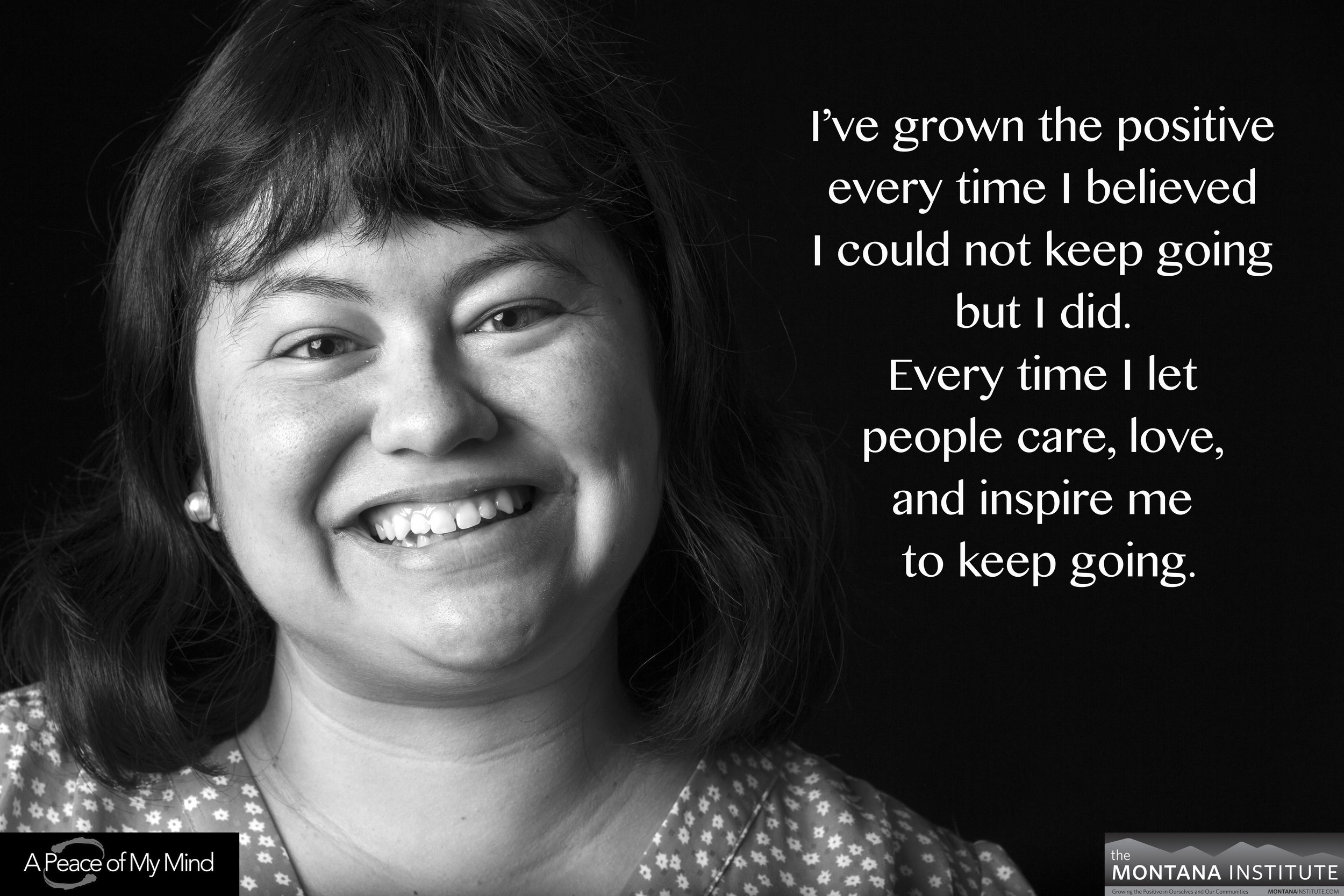Ahh… Bigger Is Better Right? Not Always So.
/According to a large international study published recently in the journal Lancet - and discussed in the Los Angeles Times - bigger work weeks are related to increased stroke risk.
Like many research studies, we need to be cautious about not confusing causation with correlation. The bigger work week (over 40 hours) did not cause the strokes, but the long hours in the office are correlated with increased stroke risk.
One of the reasons might be related to what we might call BIG opportunity costs - those things we are missing out on because of our long days – or what we substitute as a result of long hours (i.e., increased alcohol use to distress; reduced physical activity; increased time sitting).
Maybe we need to re-think BIG? Maybe it isn’t about a bigger house, car, paycheck or other quantifiable things. Maybe BIG is an inside move. Maybe a new way to think BIG is to think about increasing unseen, internal qualities like satisfaction, peace of mind, connectedness to people and nature. Maybe your BIG NEXT move is about expanding the quality of how you are experiencing your typical work day.
The POSITIVE news is that for many of us, we can be in control of our schedules if we plan and think about them. The Science of the Positive is based upon Seven Core Principles that allow us to change the way we think as a means of making changes in our lives. (Note – you can buy my book SEEDS OF FIRE, ROOTS OF HOPE: Inspiration for the Courageous Leader to learn more about the 7 Core Principles in action).
Here are some questions to consider based upon the 7 CORE PRINCIPLES OF THE SCIENCE OF THE POSITIVE:
1. BEING POSITIVE
What is the internal positive feeling you want to have at throughout your day?
What does “the Positive” look and feel like to you as you go through your workday?
What would be the positive benefits of reducing your typical day?
2. BEING PRESENT
Instead of focusing only on the long term rewards of your work – how can you feel more alive throughout each day?
What are some ways that you can establish some reminders for yourself to ‘check-in’ and be present throughout your day?
What are the benefits of staying present and fully engaged at work and ending your day earlier so you can focus on your health.
3. BEING PERCEPTIVE
Being perceptive is about noticing what’s going on around you – as well as how your experience to these events. What do you notice in a typical work day?
What might you be missing in your life while you are putting in longer days and hours at the office?
How can you begin to notice the increased benefits of choosing health and wellness over longer hours in the office?
4. BEING PURPOSEFUL
How might reducing your work hours be aligned with your deeper life purpose(s)?
What is your purpose? When do you feel full? (of life, love, energy).
Now join these two – when are you ‘purpose-full?’
5. BEING PERFECTED
Being Perfected is NOT about being Perfect. In fact perfection is at the root of many of our workaholic ways. How can you ease up on yourself as you seek to make these changes?
What would progress (not perfection) look like to you over this next week, month, year – when reducing your hours at work to be more alive and well.
What are some of the ways you might be creating longer hours for yourself instead of being more efficient and leaving for home at an earlier time?
6. BEING PROACTIVE
Being proactive is choosing where and when to act. How can you act to create a shorter work day and hence a BIGGER life?
What might you do at the beginning of each day / week to plan to end your day on time instead of working longer and longer days?
How can you schedule appointments for yourself at the end of each workday so that you need to leave the office for your very important appointment?
7. BEING PASSIONATE
What are your passions – those healthy activities that result in increased positive energy?
Passion grows exponentially when we focus on serving other people. How might you use the end of each work day to focus on serving others outside of the office?
How can you generate and share your positivity and passions with others instead of working longer hours at the office?
(Photo - http://www.latimes.com/science/sciencenow/la-sci-sn-long-work-hours-stroke-risk-20150819-story.html)




